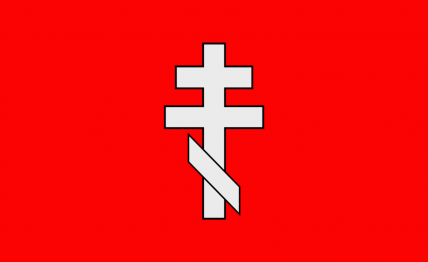Madmunch wrote:Ovstylap wrote:
I found that it read fantastically, a very well done to you. I'll look forward to RPing with you whether this week or next, hopefully my reserve application for Bavaria is satisfactory! (A few posts up from this).
I expect that emancipation for the Catholics will go down well with a number of the European powers, especially with Spain and Austria, and also with the Irish subjects of the Crown.
Looking forward to RPing with u as well
I almost forgot a united Germany doesn't exist yet during this time period. So this will definitely be interesting. All we need now is for someone to app for Austria or maybe even a Holy Roman Empire trying to revitalise itself.
Going to be interesting when there's no Napoleon. Outside of the fact that he invented the Corp System that militaries now use, his conquests did play a part for the rise nationalism and the creation of both Germany and Italy.
Would love to see how long an HRE would last in this timeline.



 )
) (I plan to submit an official national application later this week - will I end up doing it today?
(I plan to submit an official national application later this week - will I end up doing it today? 



